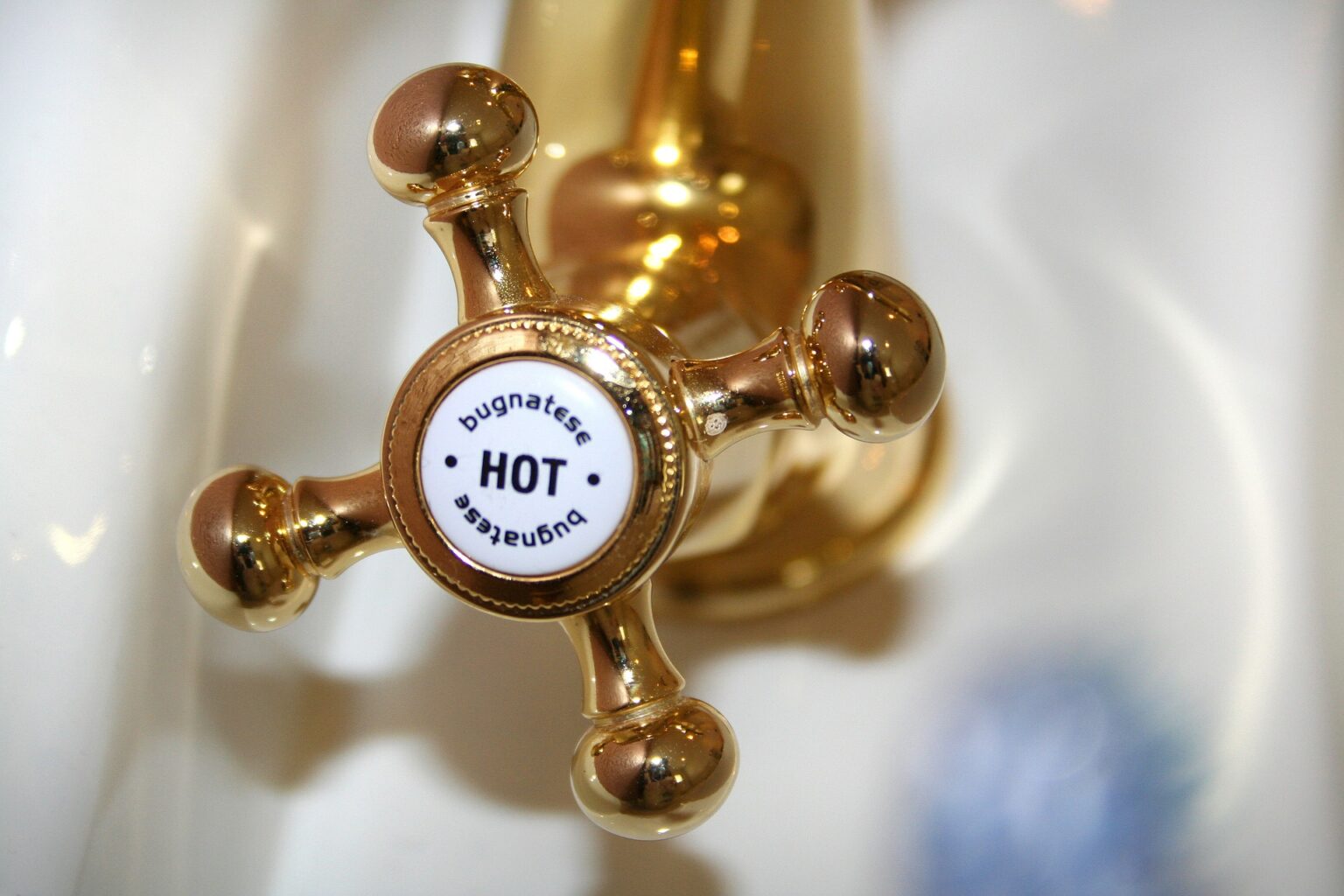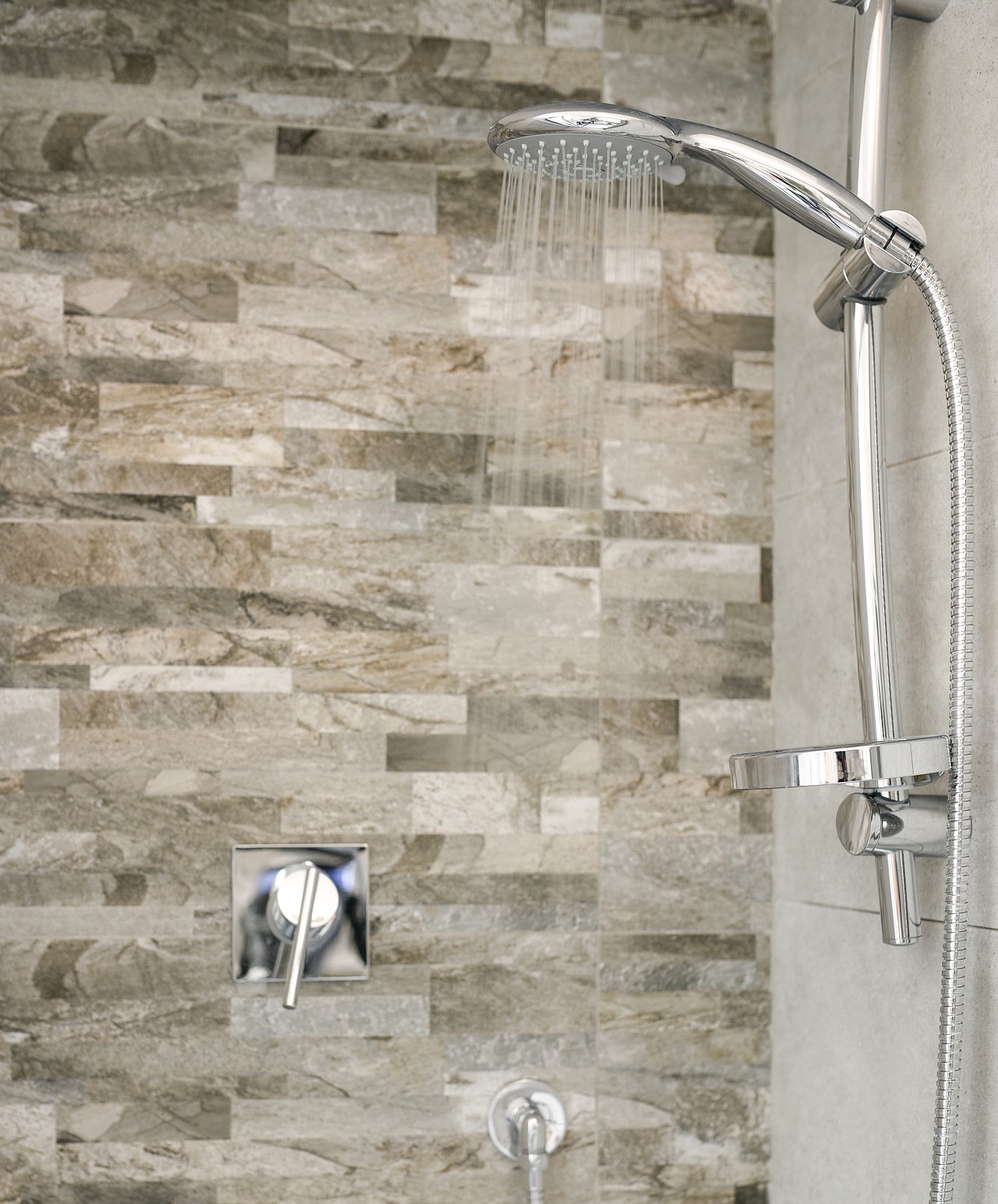Category: Hot Water Heaters
How to Choose Energy-Saving Water Heaters
Have you been considering Energy Star water heaters? With the ever-increasing costs of utilities, many homeowners are looking for ways to save on their energy bills. One way to do this is to invest in an energy-saving water heater. There are a few things you should keep in mind when you’re shopping for a new water heater though, so that you can be sure you’re getting the best possible deal. In this blog post, we’ll share some tips on how to choose an energy-saving water heater for your home. We will also share how you can potentially get the IRS tax credit when you upgrade your water heater to an Energy Star unit.
7 Steps to find out why you’re not getting hot water
Water heaters are an essential part of any home, and when they go out, it can be a huge inconvenience. No one likes taking cold showers, especially not in the fall or winter! Before you call a plumber, there are a few things you can do to troubleshoot the problem. In today’s blog post, we’ll walk you through some of the most common water heater problems and what you can do to fix them. This article is mostly referring to tank water heaters, although some of these steps can apply to tankless as well.
A hot water heater provides both energy and cost savings over the life of the appliances. There are 2 types, which is right for your home? If you are due for a water heater replacement and are looking for ways to save money on your utility bills, either a heat pump water heater or a gas tankless water heater may be a good option for you.
Whenever it is time to replace any appliance in your home, energy efficiency is usually high on your list of items to consider. Heat pump water heaters get high marks for energy efficiency. They use electricity to move heat from one place to another instead of generating heat directly. This makes them more efficient than conventional electric water heaters, and that efficiency translates into savings on your electric bill.
Most homeowners who have heat pumps use them to heat and cool their homes. But a heat pump can also be used to heat water, either as a self-contained water heating system or as a combination water heating and space conditioning system.
How heat pump water heaters work
Heat pump water heaters get their efficiency by drawing existing heat from the air surrounding them. They then transfer that heat—at a higher

temperature—to heat water in a storage tank. You can purchase a stand-alone heat pump water heating system as an integrated unit with a built-
in water storage tank and backup resistance heating elements. Or, you can also retrofit a heat pump to work with an existing conventional storage water heater.
The place in your home that houses this unit is an important consideration for this type of heater. You will want to make sure that it is installed in an area that maintains a temperature in the 40-90 degree (F) range, and that there is adequate air space (at least 1,000 cubic feet) around the waterheater. Heat pump water heaters do not operate efficiently in cold space since they tend to cool the space they are in. A furnace room, or any other space with excess heat, is an ideal location for this water heater installation.
- 1
- 1-3 of 3 results

